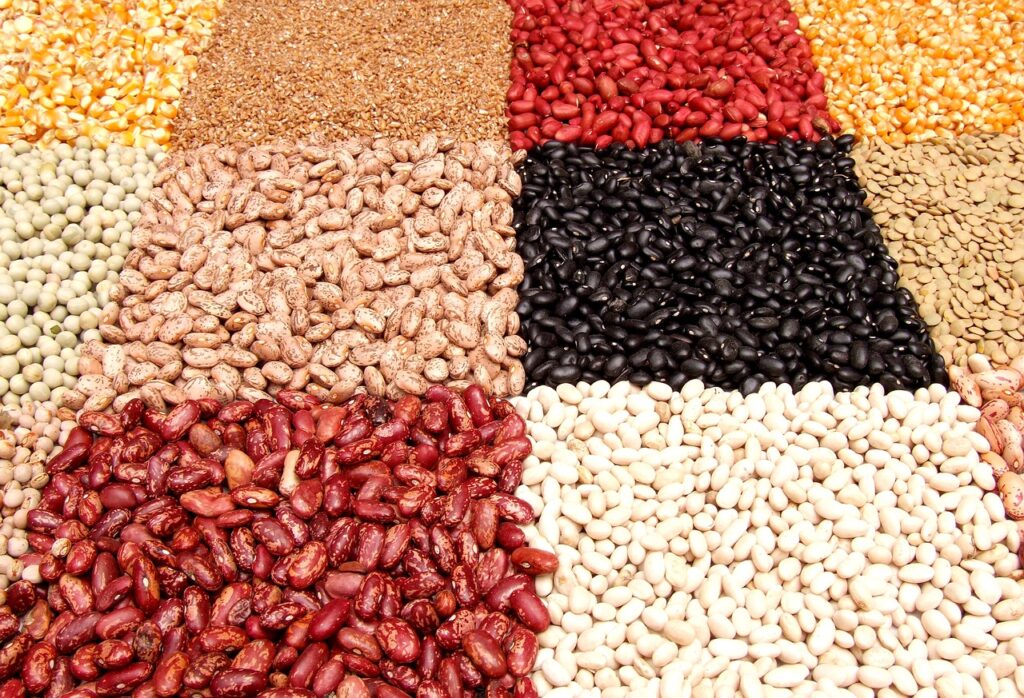Iron Deficiency causes and cure
Iron deficiency is one of the most common nutritional deficiencies worldwide, affecting millions of people of all ages. Iron is an essential mineral that plays a crucial role in our body, including the production of red blood cells and the transportation of oxygen throughout the body. Maintaining healthy iron levels is important for overall well-being and preventing conditions like anemia.
In this article, we will delve into the various aspects of iron deficiency, its signs and symptoms, the importance of a balanced diet, tips for increasing iron absorption, and lifestyle changes that can support healthy iron levels.
Understanding Iron Deficiency
Iron deficiency occurs when the body either lacks sufficient iron or is unable to absorb it properly. There are two types of iron: the heme iron found in non vegetarian food , and non-heme iron, found in plant-based foods. Heme iron is more readily absorbed by the body compared to non-heme iron.
Certain factors can increase the risk of iron deficiency, such as:
- Inadequate dietary intake of iron-rich foods
- Blood loss due to menstruation or gastrointestinal conditions
- Pregnancy and breastfeeding, which increase iron requirements
- Chronic diseases that impact iron absorption and utilization
Signs and Symptoms of Iron Deficiency
Identifying the signs and symptoms of iron deficiency is crucial for early detection and intervention. Some common symptoms include:
- Fatigue and weakness
- Pale skin and brittle nails
- Shortness of breath and decreased exercise tolerance
- Headaches and dizziness
- Poor concentration and cognitive issues
- Restless leg syndrome
- Cold hands and feet
If you experience any of these symptoms, it is important to consult with a healthcare professional who can perform the necessary tests to determine your iron levels.
Importance of a Balanced Diet for Iron Intake
Eating a well-balanced diet is vital for maintaining healthy iron levels. Here are some key tips for incorporating iron-rich foods into your diet:
- Lean meats: Include lean cuts of beef, poultry, and seafood in your diet to obtain heme iron, which is highly bioavailable.
- Plant-based iron sources: Opt for legumes, tofu, seeds, nuts, and dark green leafy vegetables like spinach and kale to boost your intake of non-heme iron.
- Vitamin C-rich foods: Consume citrus fruits, bell peppers, tomatoes, and strawberries, as they help enhance iron absorption when consumed alongside iron-rich foods.
- Avoid excessive tea and coffee: These beverages contain compounds called tannins that can inhibit iron absorption. Limit your intake, especially during meals.
Tips for Increasing Iron Absorption
Even if you consume iron-rich foods, your body’s ability to absorb this vital mineral can be influenced by other dietary factors. Here are some ways to enhance iron absorption:
- Pair iron-rich foods with vitamin C: Combining iron-rich foods with sources of vitamin C can significantly improve iron absorption. For example, squeeze lemon juice over your spinach salad or enjoy a glass of orange juice with your iron-fortified cereal.
- Avoid calcium-rich foods during iron-rich meals: Calcium can hinder iron absorption. Therefore, it is recommended to avoid consuming high-calcium foods like dairy products at the same time as iron-rich meals.
- Cook in cast-iron cookware: Cooking acidic or liquid-based foods in cast-iron pots or pans can increase the iron content of the food, thereby enhancing iron absorption.
Lifestyle Changes to Support Healthy Iron Levels
In addition to optimizing your diet, certain lifestyle changes can further support healthy iron levels in the body:
Iron is an essential mineral that is crucial for transporting oxygen in the blood and supporting a healthy immune system. Maintaining adequate iron levels is important for overall health and well-being. Some lifestyle habits can help optimise iron absorption and prevent deficiency.
Diet: Consuming iron-rich foods is key to maintaining healthy levels. Foods like red meat, poultry, seafood, lentils, beans, spinach, dried fruit are excellent plant-based sources. Iron from animal products is more bioavailable than plant sources, so a balanced diet containing both is ideal. Eating vitamin C-rich foods like bell peppers, citrus fruits with iron-containing meals enhances absorption. Limiting tea, coffee, calcium and phytates from whole grains at meals can also boost iron uptake from food.
Hydration: Drinking plenty of water throughout the day helps various bodily functions including iron absorption and transport. Dehydration can negatively impact iron levels. Aim for 8-10 glasses of water daily.
Supplements: For those at risk of deficiency like women, vegetarians/vegans or those with heavy periods, iron supplements under medical guidance can provide the recommended daily intake (RDI) of 18mg for adult men and post-menopausal women, and 8mg for pre-menopausal, non-pregnant women.
Lifestyle: Getting adequate sleep, managing stress through yoga or meditation, and moderate exercise like brisk walking for 30 minutes daily support overall health and absorption of nutrients including iron.
Avoid tobacco and excessive alcohol which can negatively impact iron status over time. Maintaining a healthy weight through balanced nutrition and lifestyle also supports iron levels.
Making simple dietary and lifestyle tweaks as mentioned above can help optimise iron levels naturally for most. But deficiencies should be addressed promptly under medical supervision.
Learn practical tips for maintaining healthy iron levels and preventing iron deficiency. Keep your body strong and healthy with these expert recommendations.
